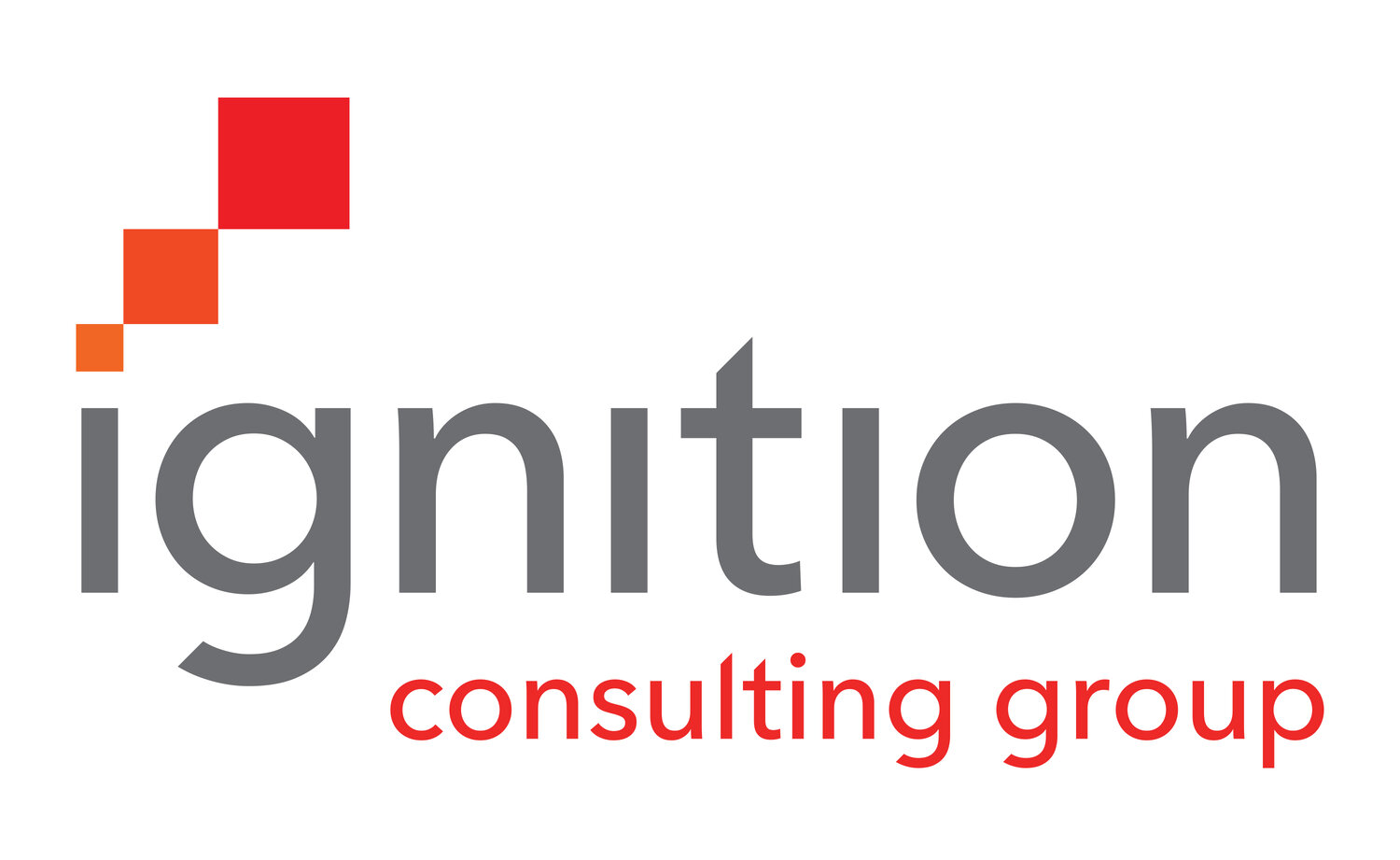How a Focus on Effectiveness Changes Everything
By Tim Williams
Because most agencies run their businesses based on hours and time, they have come to believe that what they’re selling – and what clients are buying – is efficiency. That’s nonsense. When you take your car to the shop, are you buying fast work or good work? You might answer both, but if you had to choose between one and the other, you would of necessity choose effectiveness. Efficiency without effectiveness is meaningless.
You can increase effectiveness and get increased efficiency, but you don’t get increased effectiveness through increased efficiency.
As a professional knowledge firm (PKF), understanding that you’re in the effectiveness business is foundational to your future success. The misguided quest for efficiency means we’re measuring and tracking the wrong thing. Advertising Age recently published a table showing the big agency holding companies ranked by revenue yield per dollar of operating costs. Publicis Groupe was named “most efficient,” earning $1.21 in revenue for every dollar spent. But what does that really tell you?
The 4As surveys its members about what type of data they regularly tracked. At the top of this list is “Labor hours and costs,” at 98%. Near the bottom of the list is “Client results” at 22%. We’re looking through the wrong end of the telescope.
This applies equally to people management. Let’s take two employees of the firm, Ken Starling and Julie Brighton. Last year Ken worked 2.000 hours, 1,700 of which were “billable” to clients. Julie also worked 2,000 but only 1,300 of these hours were “billable.” A CPA would say that these figures tell you that Ken and Julie had “utilization rates” of .85 and .65 respectively. Ignition would say that these figures tell you nothing. Because Julie could have been vastly more effective in her job – more highly-regarded by clients and associates, smarter and more insightful – therefore creating much more value for the firm than Ken.
No one buys generic efficiency
There’s actually no such thing as generic efficiency. The question of efficiency is always tied to the question “Efficient at what?” Efficiency is a means, but never an end.
A big part of the remarkable success of Zappos, the online retailer, is founder Tony Hsieh’s strong belief that what they sell is effectiveness. Unlike other online retailers who obsess about cutting the time customer service reps spend on the phone, Zappos doesn’t even measure call times. In fact, the company encourages customer service reps to spend whatever time is necessary helping customers. The record so far is six hours with one customer.
Two very different agencies
An agency that sells – and is compensated for – effectiveness would act differently than an agency centered on efficiency. Let’s say two different firms are hired to develop a website for an online retailer. One agency asks to be paid based on “estimated hours.” Therefore its main measure of success is comparing its costs against its income and asking “Were we efficient on this project?” This isn’t to say that the agency isn’t concerned with producing a good product. They wouldn’t get much repeat business if they didn’t. But their systems, pricing, and people management would all be oriented around measuring and optimizing efficient use of agency resources.
Now let’s say the other agency in this example is being paid only based on effectiveness. The client doesn’t ask for or even care about hours, believing that it’s up to the agency to manage their resources effectively. Instead of obsessing about “Going over estimate,” this agency would instead be obsessing about optimizing the site structure, improving page loads, finding and fixing broken links, and generally creating an effective user experience. They would also be recommending ways to improve the call center and might even offer up ideas about product selection and pricing. In other words, the economic incentives of the agency would be perfectly aligned with those of the client.
Effectiveness is the right foundation
A professional firm built on the foundation of effectiveness has different pricing, people management, resource management, and systems. This firm would:
Evaluate, reward and promote people based how effective they are, not how efficiently they work.
Create systems and procedures that optimize effectiveness, knowing that efficiency will often be a by-product.
Price its work based on value created instead of hours worked.
Measure outputs (marketplace outcomes and results) not just inputs (hours, costs).
As with most successful endeavors, it’s all about asking the right questions. Not “Did we exceed our hours?” but “Did we exceed the objectives of the assignment? Perhaps the most essential question of all is “What do we really sell?” The answer, for professional knowledge firms, is effectiveness.


